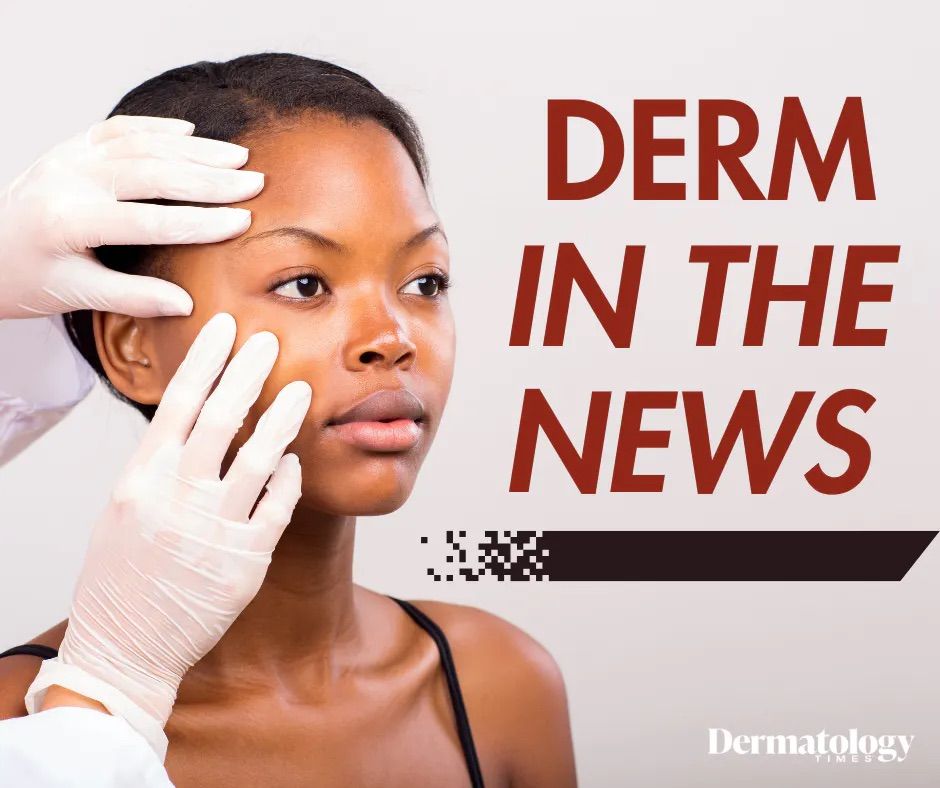Patient-Forward Rundown
Top headlines from this week to share with your patients:
News
Article
Author(s):
Keep up with the latest headlines in dermatology from the past week, including the AAD's vote to protect diversity, equity, and inclusion programs, a UK company's effort to democratize dermatologists’ services, and more.

The American Academy of Dermatology (AAD) rejected a proposal to terminate its diversity, equity, and inclusion (DEI) programs. The decision came after a vote by AAD members, who opposed the resolution aiming to end DEI initiatives within the organization. Testimony from dermatologists highlighted the benefits of diversity in strengthening programs. A low representation of Black dermatologists in the US (just 3%) underscores the importance of addressing disparities in healthcare. The AAD aims to combat these issues through initiatives like its Diversity Mentorship Program. Additionally, the advisory board plans to expand the organization's mission to prioritize diversity and inclusion.
Renude, a UK-based company established in 2020, initially offered AI-driven dermatology-led skin care analysis services to address the scarcity of dermatologists and misinformation in skin care. After gaining 100,000 signups and receiving an Innovate UK grant for research and development, the company is expanding into a business-to-business model and launching an AI skin care chat service later this year. The company's AI analysis assists individuals with mild to moderate skin issues, filling the gap left by the limited availability of dermatologists in the UK.
Top headlines from this week to share with your patients:
EltaMD Skin Care initiated the inaugural National Dermatologist Day to honor and recognize the commitment and expertise of dermatologists. The brand emphasizes the crucial role of dermatologists in diagnosing and treating various skin conditions, including detecting millions of skin cancers annually. EltaMD highlights the importance of regular sunscreen use in reducing the risk of skin cancer and supports initiatives promoting sun safety and early skin cancer detection. As part of National Dermatologist Day, EltaMD has partnered with board-certified dermatologists to provide skin care insights and encourage regular dermatologist visits.
Cureskin, a platform connecting users with skin care experts, secured $20 million in a series B funding round led by HealthQuad, with participation from existing investors JSW Ventures, Khosla Ventures, and Sharrp Ventures, bringing their total funds raised to $26 million. The company plans to enhance its AI capabilities and expand its solution offerings with the newly-raised funds. Founded in 2017, Cureskin utilizes photo-analysis technology to assess various skin conditions, having treated over 1.5 million customers, primarily from tier 2 and tier 3 regions in India.
University of Oregon researchers collaborated with L'Oréal to create a bioengineered skin model, revolutionizing skin care product testing and skin repair methods. Their innovative 3D printing technique allows for the rapid growth of multilayered artificial skin, closely resembling real human skin. The model consists of 2 layers separated by a membrane, mimicking the complexity of natural skin tissue. The scaffold, created using melt electrowriting, supports the cultured cells and accelerates skin growth. This advancement reduces the production time to just 18 days, making it more practical for commercial lab testing.
Have you seen any dermatology headlines this week that we may have missed? Share with us by emailing our team at DTEditor@mmhgroup.com.